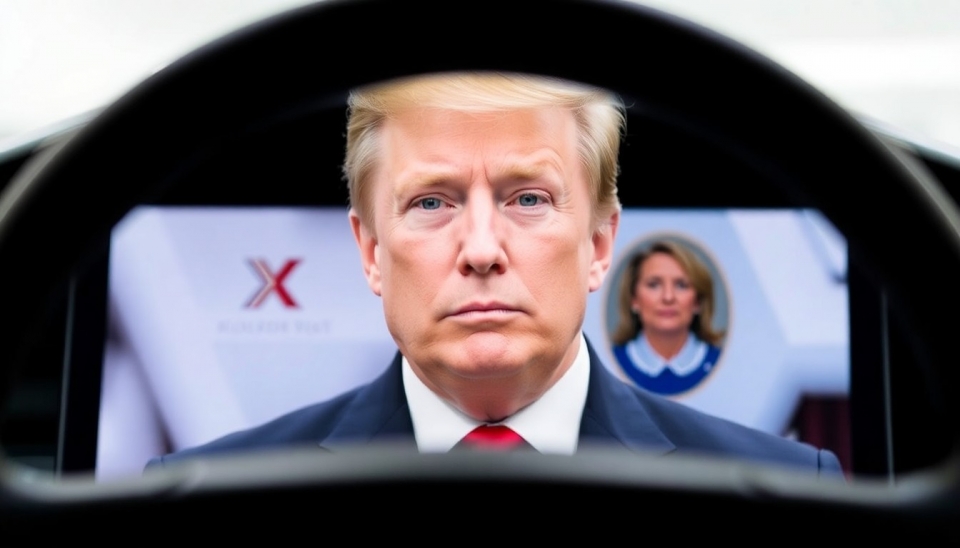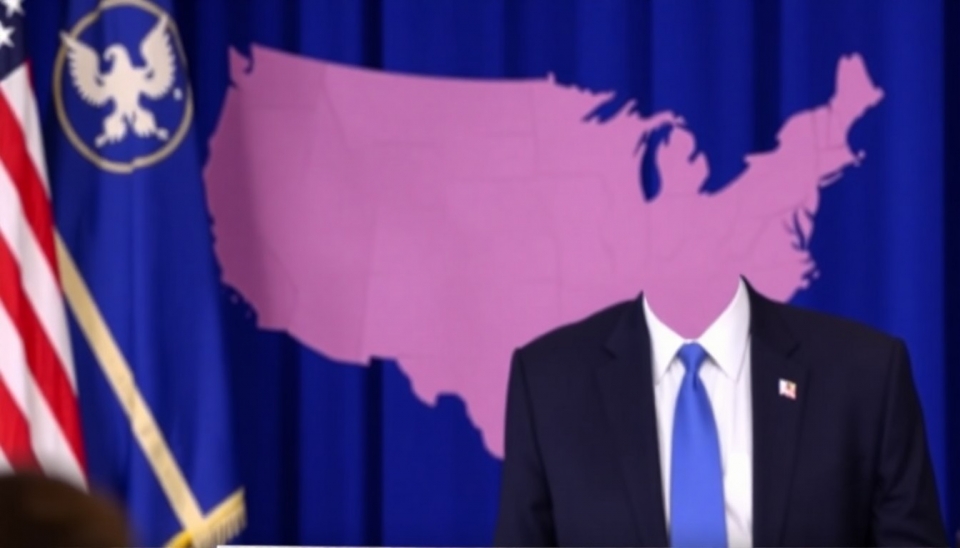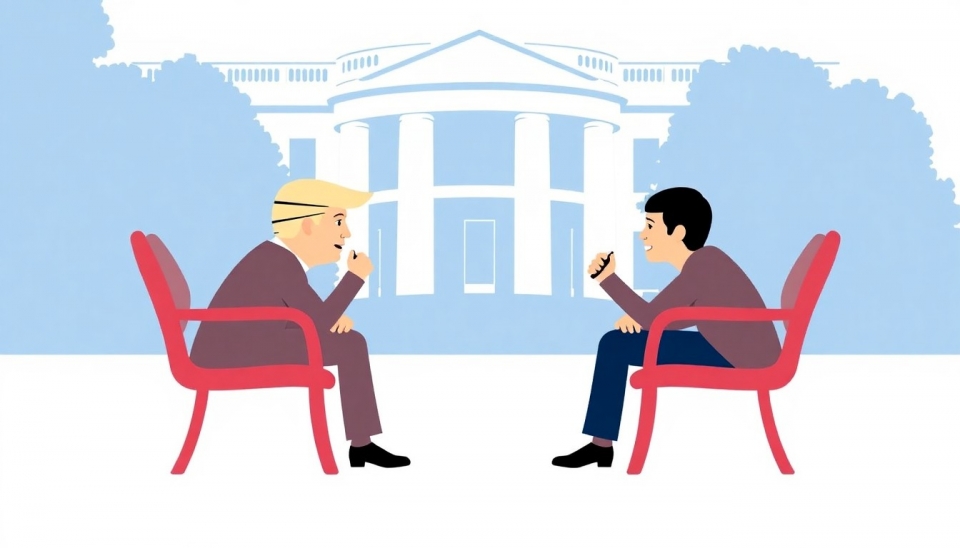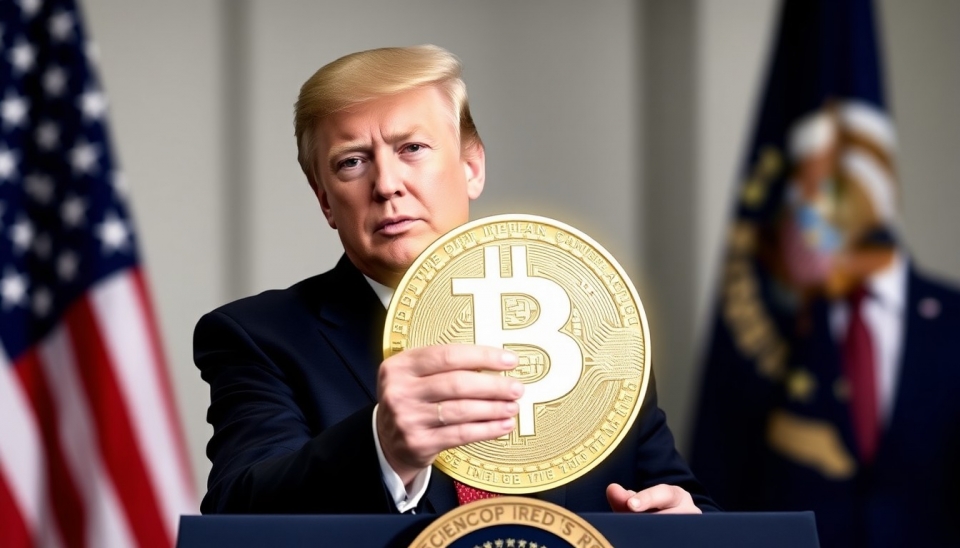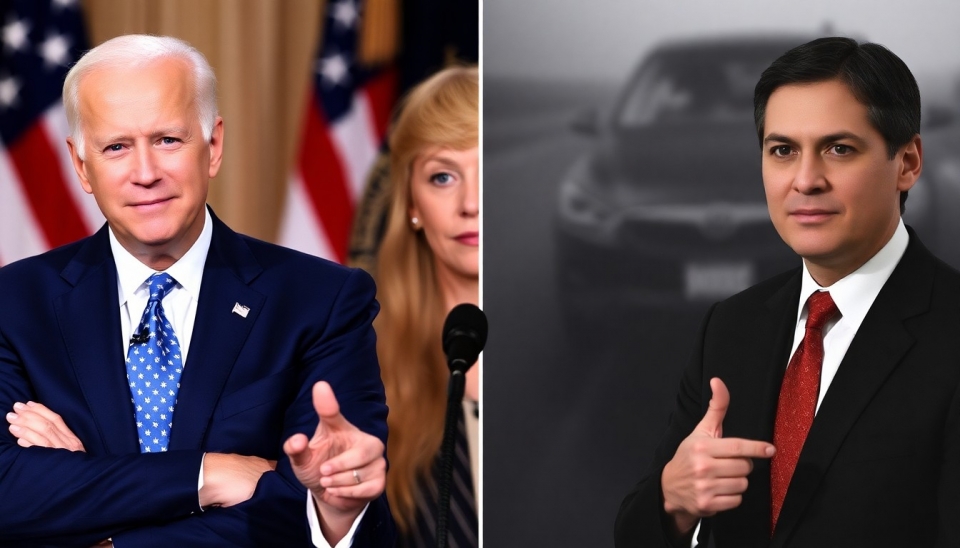
The landscape of social media is poised to play a significantly different role in the upcoming 2024 election compared to the tumultuous environment of 2020. As political campaigning gears up, platforms such as Twitter, Facebook, and Instagram are implementing stricter policies aimed at curbing misinformation and harmful content, transforming campaign strategies and voter engagement.
In 2020, social media was a battleground, amplified by rampant misinformation and the emotional intensity of the election. The platforms have since recognized the threats posed by disinformation campaigns and foreign interference, leading to various policy changes and greater scrutiny of content. The evolution of these guidelines signals a turning point, with officials, candidates, and strategists adapting to an evolved social media environment, which is now more cautious and regulated.
One of the most remarkable changes is the introduction of more advanced fact-checking mechanisms and content moderation teams that are better equipped to handle misleading information quickly. Major platforms have acknowledged their past shortcomings and are intensifying efforts to combat deceptive narratives before they can gain traction. These proactive measures are expected to alter the dynamics of how candidates communicate with voters and how information is disseminated.
Additionally, the increasing influence of algorithms in shaping what content users see cannot be overlooked. Unlike the relatively open landscape of 2020, current algorithms are optimized for engagement, but also for issues of authenticity and reliability. Candidates will need to adapt their messaging to fit a more sophisticated online environment where audiences are becoming more discerning about sources and information credibility. Furthermore, the rise of TikTok as a key platform for younger voters brings new challenges and opportunities in crafting messages that resonate with this demographic.
Political strategists are now preparing for a landscape where they must tailor their campaigns to adhere to these new norms and leverage the platforms’ evolving functionalities. Messaging will need to be agile and responsive to the real-time feedback facilitated by social media, with candidates focusing on building trust and establishing a genuine connection with voters. As a result, authenticity will play a greater role in candidate visibility and attractiveness.
In summary, as we approach the 2024 election, the integrated and intensified focus on content regulation and authenticity will not only reshape how candidates approach voter outreach but also how voters engage with political content online. The stakes are high, and the evolving strategies will likely create a more dynamic political landscape as social media continues to be a vital fixture in the electoral process.
#Election2024 #SocialMedia #CampaignStrategies #VoterEngagement #Misinformation #PoliticalCommunication #TikTokPolitics
Author: Emily Collins
